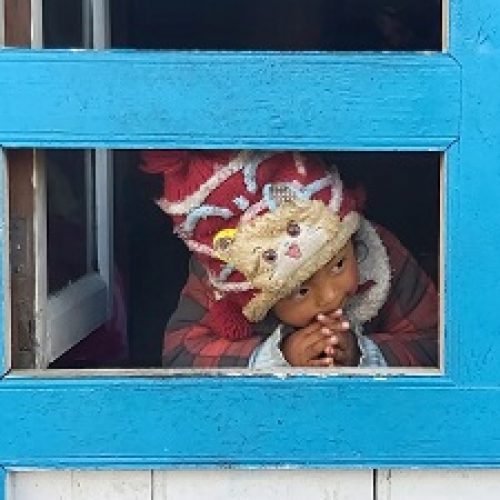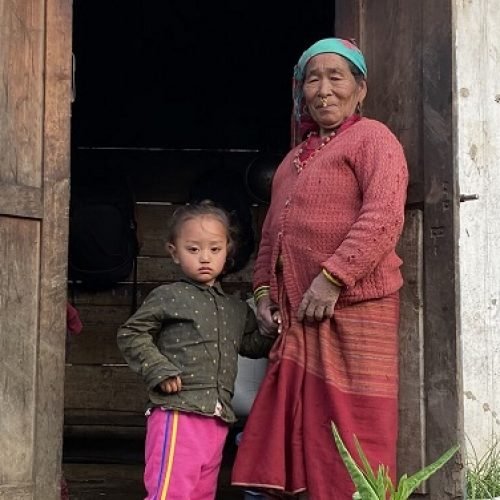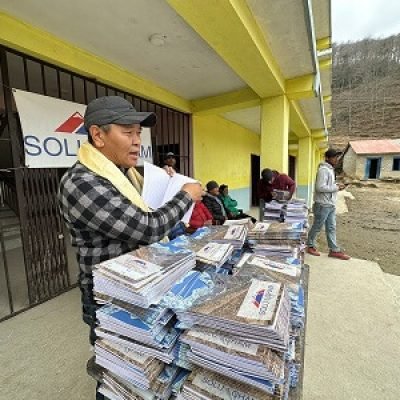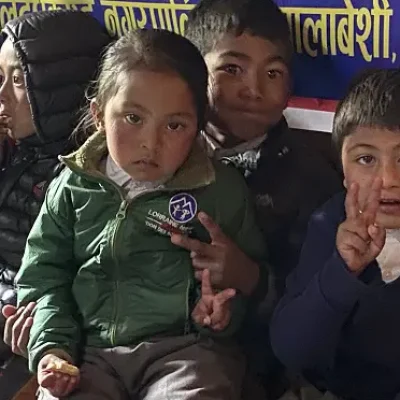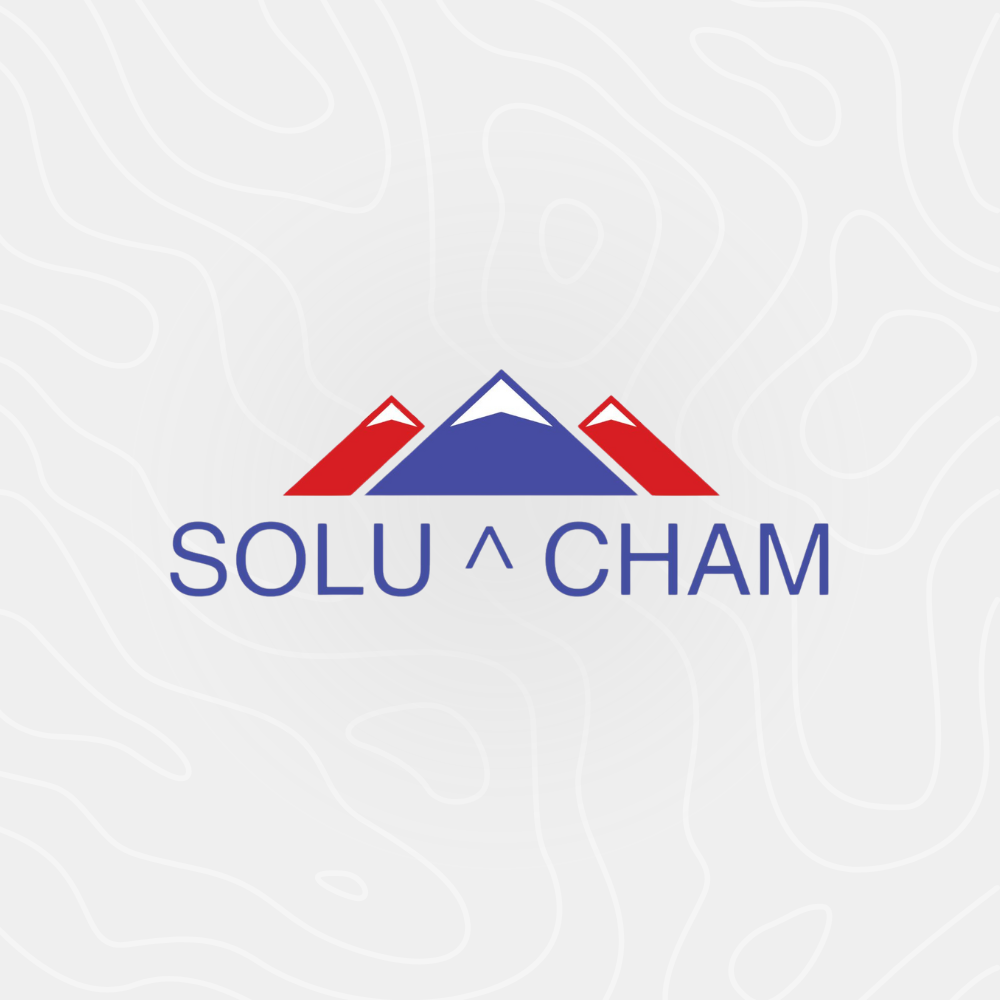Health and Safety Policy
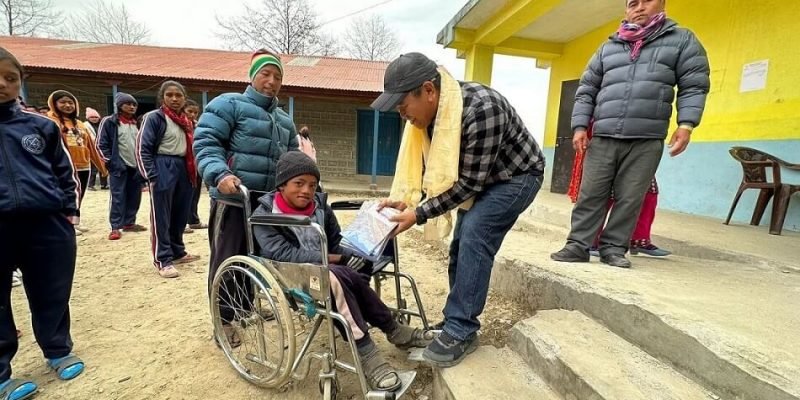
Details
READING TIME
2 min
CATEGORY
Policies
AUTHOR
Pierre Houé
TOPIC
Health and safety
Health and Safety Policy
Basically Solucham is promoting education and health; healthcare is therefore at the heart of our preoccupations and so is the safety of our members, volunteers , and local communities we are working with.
Mitigation of risks and hazards is the key practice we enforce in all our projects / treks and other expeditions in Nepal and abroad.
Hazards and risks are identified, measured and good practices are implemented at every step of our actions.
Proper records are kept to ensure a safe environment of work and leisure.
- Yet we are working and acting in a mountain environment , and a such, it cannot be risk free. Risk is a component of the travel , which has to be controlled, minimized but will always exist, and we are taking steps to advise in details all visitors coming to Nepal of the possible hazards and mitigation solutions.
- Fundamentally we have experienced staff who have been trained in how to look after volunteers /visitors and local communities safely, and what to do in the event of an emergency.
- We also have strong relationships with local communities, health care facilities and authorities .
Our key good practices in 20 points
1. Provide relevant health and safety information to all staff/ volunteers/ people before they arrive in the country
2. Advise staff and volunteer to contact their doctors or travel clinics for immunizations and check-up before travelling to Nepal
3. Record emergency contact details abroad of every person in -country , in case of emergency
4. We strongly encourage any person coming to Nepal to contract a repatriation insurance in case of emergency, including helicopter rescue for those deemed to go at high altitude ( over 4000m)
5. Ensure proper kit lists of medicines and first aid and equipment information relevant to the trip are available in specific details and quantities at all time
6. Provide information on the various environments to be visited, with respect to safety, local politics, culture, etiquette and social responsibility
7. Ensure that all staff go through an on-site induction, which includes training in the relevant procedures ( constructions sites)
8. Make sure that HSE policy is enforced on each construction site with proper signboards displayed to this effect on locations.
9. Make sure that relevant safety gears are worn by each worker and/or visitor of any jobsite, at any time
10. Improve our operating procedure regularly in each area we interact followed by meetings of all relevant people to identify corrective actions.
11. Safety information provided and relevant addresses of medical facilities and Solucham personnel during a general briefing and also special briefings when required.
12. Always use reliable and safe vehicles which have the required paperwork
13. Comply with all National Park codes of conduct, mountain safety codes of practice and applicable rules for entering areas where a safety policy exists
14. Ensure trekking teams remain in contact with each other and that whistles, phones and torches are carried along with the first aid kit
15. Take specific care on drinking water and food consumption at any time in Nepal, regardless of the location to prevent diseases
16. Take specific care at A.M.S symptoms ( Acute Mountain Sickness) when operating in high altitude areas, and make sure that relevant measures are taken promptly to prevent incidents.
17. Ensure that all staff understand what to do in order to facilitate an evacuation which is either high priority (requiring immediate evacuation by helicopter and potentially repatriation to country of origin by plane with medical assistance), medium priority (fastest route to the nearest hospital) or low priority (most convenient and comfortable overland to Kathmandu)
18. Prevent consumption of drugs and alcohol in any jobsite , in any place or position involving contacts with children, at any time and place involving driving and/or altitude trekking.
19. Keep records of all incidents, accidents and emergencies
20. Carry out a post-incident evaluation (retex) to improve procedures in the future
Our policies
Child and vulnerable Adult Protection Policy
Equality of Opportunities
Documents
Born at the foot of the Mont-Blanc, moving towards the foothills of Mount Everest. Solu^Cham aims at Connecting Mountain's People and Bringing sustainable development opportunities for the youth of Solu-Khumbu in Nepal.
